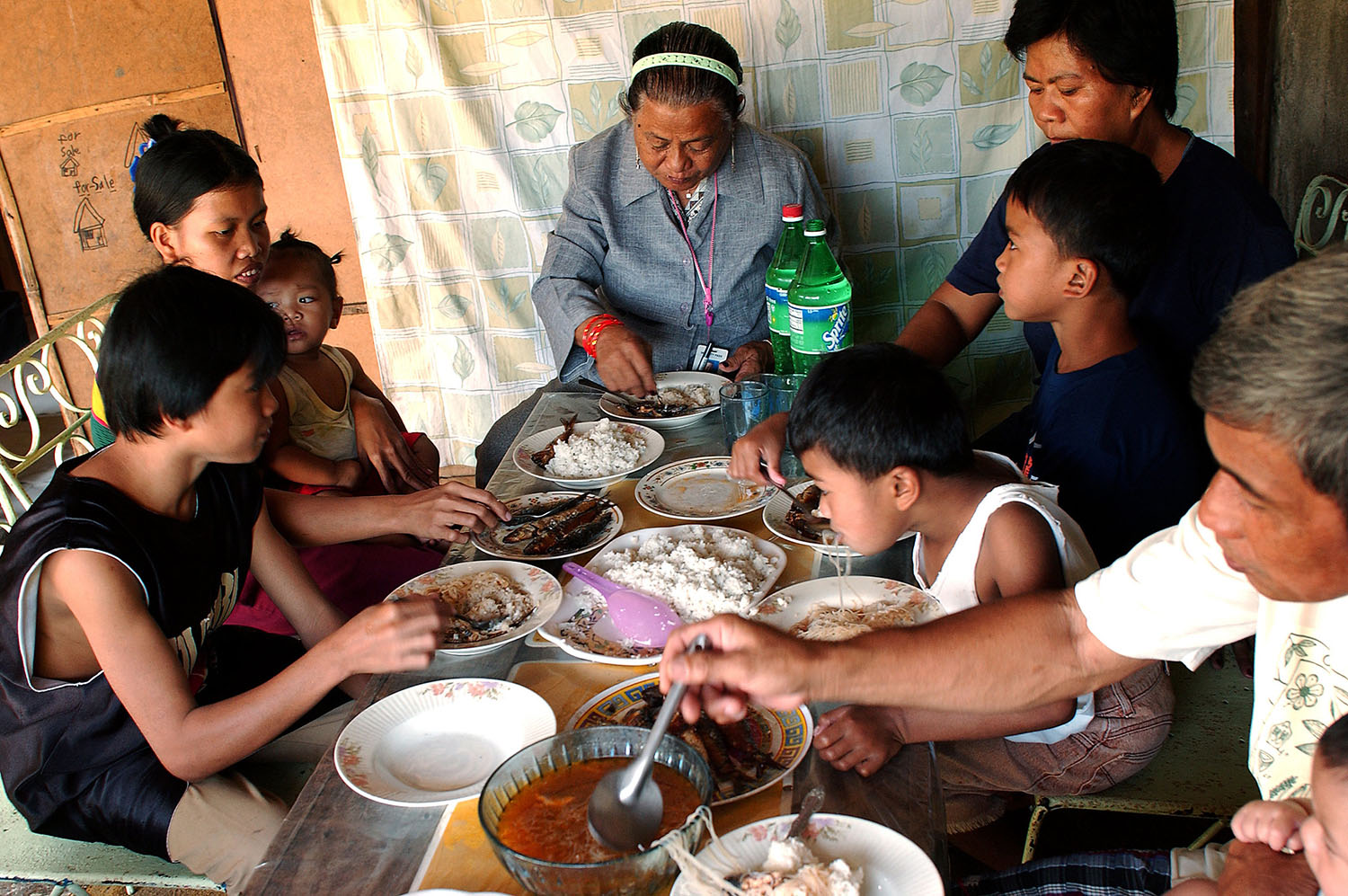CGIAR centers IRRI and WorldFish win Global Food Systems Challenge

27 January 2022 ~ The Institute of Food Technologists (IFT) and the Seeding The Future Foundation announced the winners of its first-ever Seeding the Future Global Food Systems Challenge - and two of the three Grand Prize winners are CGIAR centers, the International Rice Research Institute (IRRI) and WorldFish.
The Global Food Systems Challenge aims to inspire and support innovative, diverse, and multidisciplinary teams to create game-changing innovations that will help transform our food systems. The Challenge offers three award levels, comprising the Seed Grants, Growth Grants, and Grand Prize categories, with prizes totaling over $1 million.
IRRI was awarded the Grand Prize for its arsenic-safe rice project. Groundwater levels of the carcinogen arsenic in many rice-growing areas in South and Southeast Asia are up to 100 times higher than the World Health Organization’s recommended limit. Although arsenic contamination in rice has been documented for the past two decades, farmers in arsenic-affected areas have had no access to acceptable arsenic-safe germplasm. Through this project, IRRI will test, validate, and distribute rice cultivars that (1) demonstrate reduced arsenic uptake from the soil and water, (2) keep arsenic content in grain and straw within safe limits for human and livestock health, and (3) meet the market requirements especially for grain and eating quality. These rice cultivars will be made available and accessible to all stakeholders, particularly smallholder farming families and women.
“Chronic arsenic exposure has been associated with a variety of potentially harmful health consequences in humans, including skin lesions, hypertension, cardiovascular illness, pulmonary disease, reproductive and neurological dysfunctions, hematological abnormalities, and skin cancer,” said Jauhar Ali, Research Unit Leader at IRRI. “Arsenic-safe rice types suited for arsenic-contaminated regions will be made freely accessible to farmers, and breeders will be encouraged to incorporate these varieties into breeding programs, allowing arsenic-safe rice to become the new standard. Implementation on a large scale would have a substantial positive socioeconomic impact on the health of consumers and marginal rice farming communities, particularly women and children.”
WorldFish was awarded the Grand Prize for its on-farm aquaculture project to bring sustainable, nutrient-rich small fish production to small-scale actors, especially for consumers who need it most, such as young children, pregnant and lactating women, for a healthy and affordable option.
In this first year of the Challenge, nearly 900 applications were received from startups, nonprofits, universities, research institutions and multi-organization collaborations from more than 60 countries. The broad and diverse interest illustrates the importance and drive to create a more resilient and sustainable food system to feed the world’s growing population.
With millions of people suffering from chronic hunger and obesity, and the world population expected to exceed 9 billion by 2050, the Challenge was established to inspire and support highly effective solutions to make our food systems more sustainable and healthy diets are more accessible. The Challenge focuses on scalable and high-impact innovations at the intersection of three areas: safe and nutritious food for a healthy diet; produced sustainably and without waste; and accessible to consumers, attractive, affordable and reliable.
“Throughout the selection process, we saw truly inspiring and revolutionary innovations developed by highly motivated teams from all over the world to address the challenges facing our food system on a regional and global scale,” said Bernhard van Lengerich, founder of Seding The Future Foundation. “We are excited to announce the winners of this first Challenge and support their innovative solutions that will sustainably improve our food system, provide safe and nutritious food that is safe, affordable, and accessible to consumers, and benefit human and environmental health.”